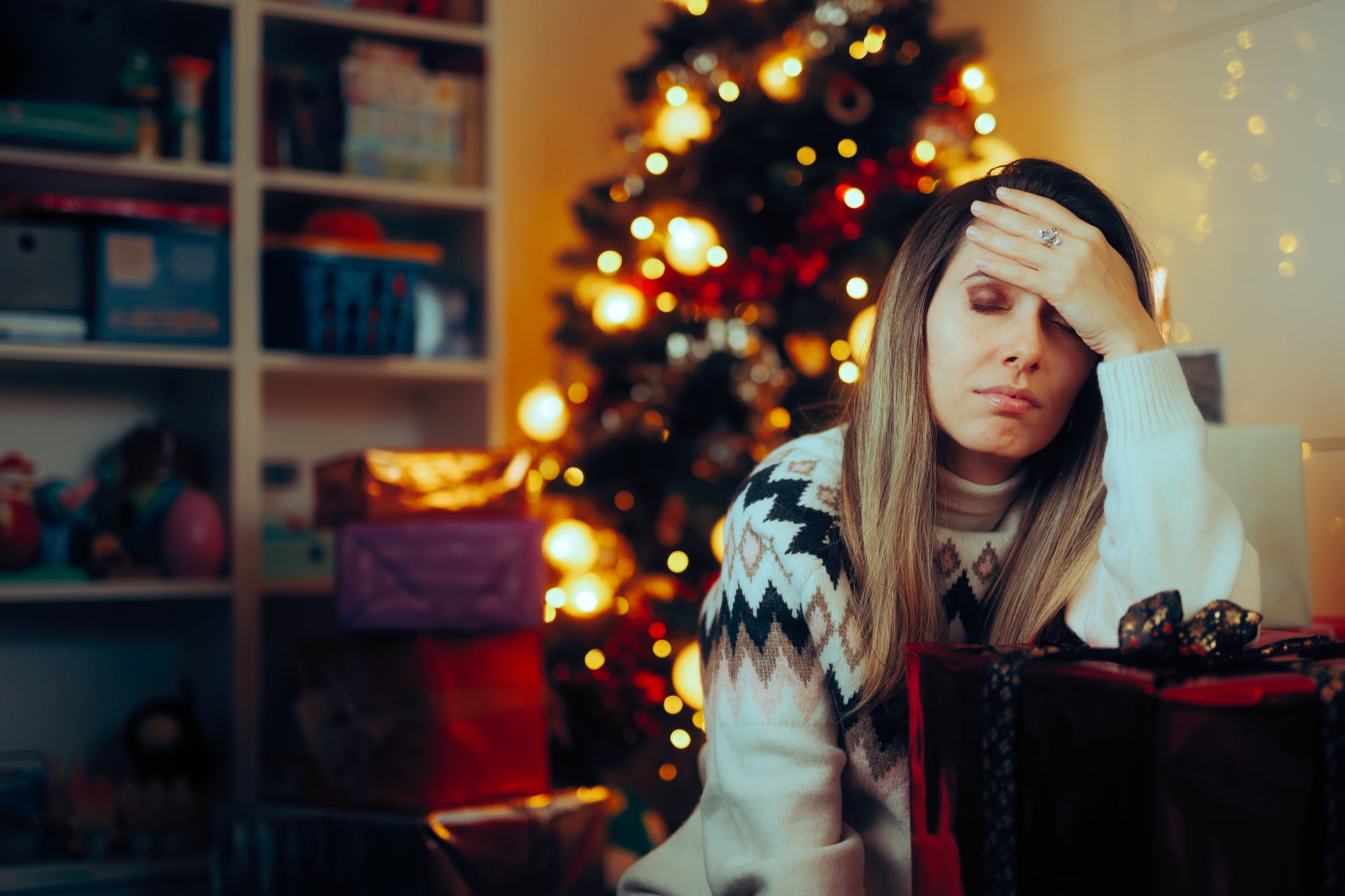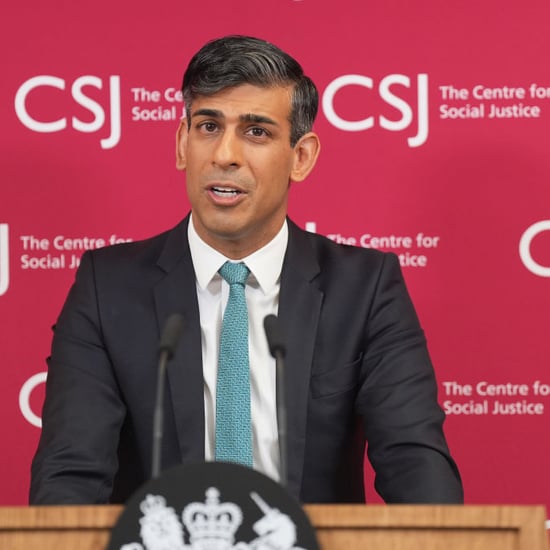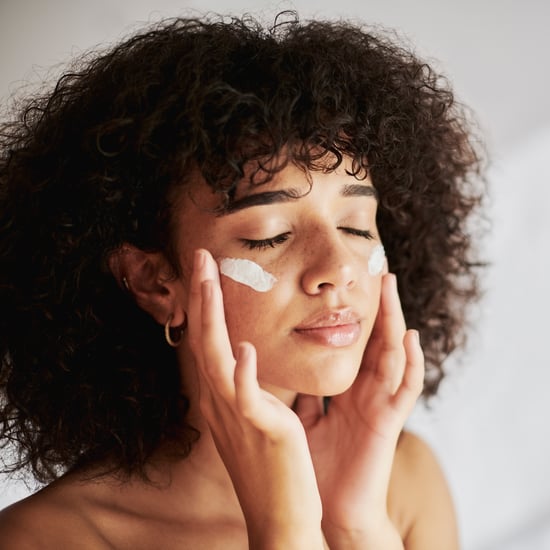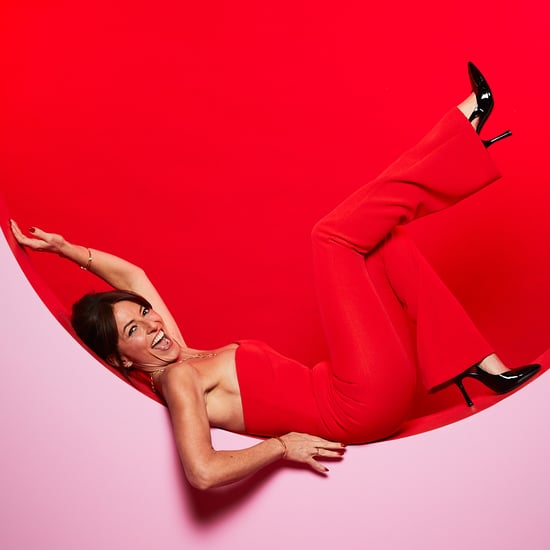What Is a Social Hangover? How to Cure a Social Hangover
Feeling Exhausted? Anxious? Depleted of Energy? You Might Have a Social Hangover

There's no getting around it, December is busy. Whether you've been wrapping up work commitments, trying to fit in catch-ups "before Christmas" (because life ends on 25th Dec. obviously), or burning the midnight oil with back-to-back parties and pub trips, our social calendars are overrun at this time of year. That's without adding present shopping and the commitments of Christmas week to contend with.
You've likely heard of the social battery, the internal tool we use to assess how much energy we have less to socialise. If this has been drained before you've had a chance to recharge, then what happens next? The social hangover. Much like its alcohol-induced sister, a social hangover describes a set of symptoms which mental health and wellness experts are coining as a result of too much socialising.
"[A social hangover] is a colloquial phrase used to describe the emotional aftermath of intense socialising."
Smriti Joshi, the chief psychologist at Wysa tells POPSUGAR that while "a social hangover is not a diagnosable clinical condition or a medical term, it is a colloquial phrase used to describe the emotional aftermath of intense socialising." Feeling overwhelmed, fatigued, lethargic, anxious, and experiencing brain fog isn't only reserved for "hangxiety" after a night of a little too much prosecco; it can also be caused by the stress of social situations. Susanna Kenyon-Muir, an accredited life coach, says that social hangovers can cause you to feel "overwhelmed from all the pressure of always having to conform, like meeting your friends, or doing what others like family, or colleagues want you to do".
Although burnout can also be caused by chronic stress (which can also occur as a result of too much socialising), it's important to note that burnout and a social hangover are not the same condition. "Burnout is a more severe condition that can lead to depression, anxiety, and physical health problems, while the latter is a colloquial phrase used to describe the emotional aftermath of intense socialising," Joshi says. "A social hangover is usually a one-off occurrence, or happens only after an intense social occasion, whereas burnout is ongoing and intense."
One self-professed social addict is Content Director Joely Chilcott, who finds it difficult to put her foot down when it comes to event invitations. "There is no real 'typical weekend' for me at the moment, it's a whirlwind of plans," she says. "I feel like I'm constantly playing catch-up and trying to fit all my friends and family in, but spreading myself thin."
This year in particular marked a hurricane of weddings and hen weekends, on top of work commitments, family gathering, and generally keeping up with friends. "This often means no downtime at all with weekends away and non-stop socialising," she explains. "I'm aware of my social battery depleting, but recently, it's felt at O leaving me with constant brain fog, anxiety, and stress."
While Gen-Z are generally better at setting healthy boundaries in the workplace and in their personal lives – with 80 percent of 18-25 year olds believing that maintaining their own self-care is their top priority when it comes to their relationships, according to Tinder – this doesn't mean that our own wellbeing doesn't sometimes slip through the cracks at times in the name of a fun night out.
Chilcott struggles to say "no" to her friends and family's well-intentioned invites. "With different groups of people, often making small talk so as not to appear rude, it's taking all of my energy just to get out of the door," she says, adding that it's often easier to go along with their plans. "It's too much, but how can you turn down an invite without a reasonable excuse? Saying 'I'm tired' just won't cut it. Honestly, when I'm so exhausted, I haven't got the energy to argue."
"Are you feeling overwhelmed, tired, exhausted, and drained of energy?"
If your social calendar has plans in every spare moment, then it's not a bad idea to check in with yourself. "First take note of any of the above symptoms; are you feeling overwhelmed, tired, exhausted, and drained of energy?" Kenyon-Muir says. "Then when you're confronted with a choice of social activities, connect with what you really want to do. What does your heart say? If you don't want to and you're feeling tired, or burned out, give yourself permission to say 'no'."
If despite all your best efforts (and that will mean saying no to going out sometimes), you're still curing yourself of a social hangover, make sure you take some time in the diary to rest and reset. "Try not to have too many busy and sociable days back to back," Joshi advises. "Find some solo activities such as reading, crafting, or going for a walk." It can help to actually put some downtime in the diary, too. Sometimes, if it's written down or blocked out, then you feel like you've officially got a plan and can turn down other invites – even if that hour is for you to have a bath.
"Prevention is always better than cure," Joshi adds, which means that there are things you can do to prepare yourself if you do have lots of plans in the diary. "If you know you have a social event coming up, take some time to prepare yourself mentally and emotionally. Set boundaries and let people know how much socialising you can handle before you start to feel overwhelmed." Try to make some time to understand when your mind and body are tired, and when it's time to hit the hay. If you've felt like 2023 has been too full-on, only for you to crash and burn over the Christmas period, then it's time to rethink your social calendar for next year. One thing is for sure, we're being kind to ourselves this 2024 – and so should you.






